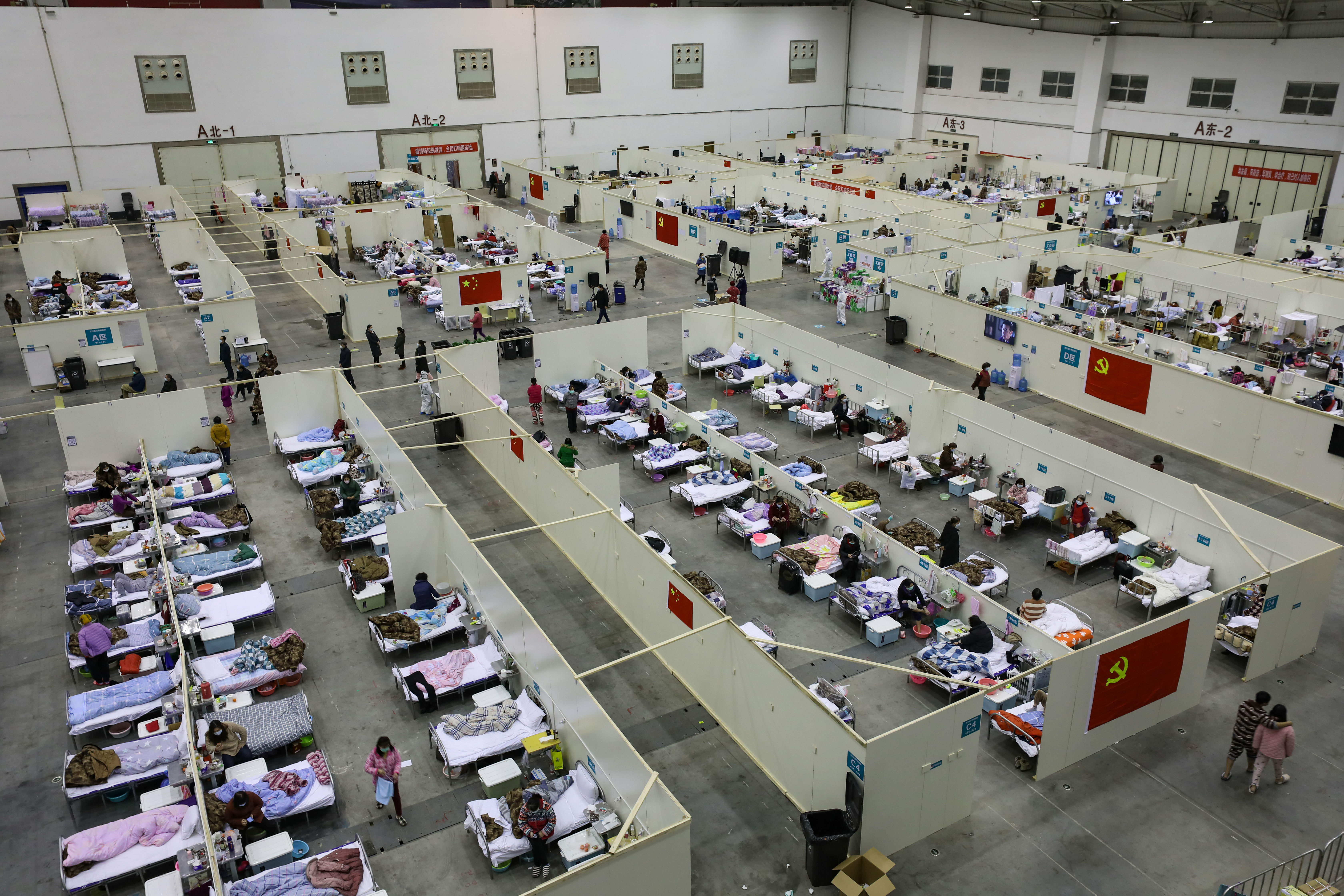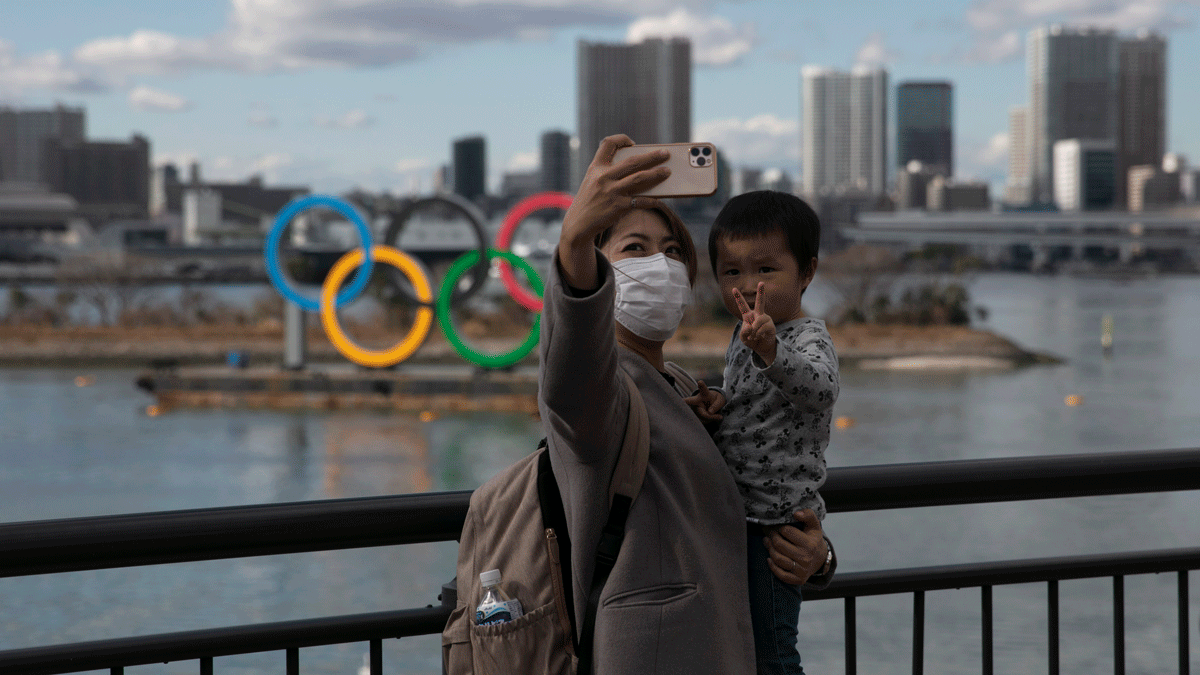The hand sanitizers on Amazon were overpriced. A Walmart this weekend was completely sold out. Only on his third try was Ken Smith able to find the clear gel — at a Walgreens, where three bottles of Purell were left. He bought two.
“I didn’t want to hoard,” says Smith, a retired biomedical technician in Wichita Falls, Texas.
Fear of the coronavirus has led people to stock up on the germ-killing gel, leaving store shelves empty and online retailers with sky-high prices set by those trying to profit on the rush. More is on the way, although it's not clear how long it will take retailers to restock.
More Coronavirus Coverage
Sales of hand sanitizers in the U.S. were up 73% in the four weeks ending Feb. 22 compared to the same period a year ago, according to market research firm Nielsen.
The alcohol-based gunk is convenient, but hand sanitizer isn't the best way to clean your hands. For that, soap and water still reign supreme, according to the U.S. Centers for Disease Control and Prevention. The agency recommends first washing hands with warm or cold water and then lathering soap for 20 seconds to get it on the backs of hands, between fingers and under fingernails before rinsing off.
If you're not near a sink, hand sanitizer will do. But keep in mind that it doesn't kill all germs, the CDC says. Read the label and make sure you're using one that has at least 60% alcohol, the health agency says. After applying it, rub it all over your hands until they're dry. Another tip: don't touch your face, since health officials say viruses could enter your body from your eyes, mouth or nose.
Hospitals are more concerned about a shortage of face masks, which people have also been snatching up despite pleas from health officials. Patient and treatment rooms in hospitals always have a sink and soap to wash hands, says Nancy Foster, the American Hospital Association’s head of quality and patient safety. But there are no good alternatives to masks for nurses and doctors.
Malls and sports arenas are adding more hand sanitizer stations. And some workplaces have said they are stocking up, too.
Purell, the best-selling hand sanitizer, is pumping up production. Walmart and other stores say they are talking to suppliers to stock up bare shelves, but didn't say how long that could take.
Purell says it has seen higher demand from health care facilities in addition to stores. It is adding more shifts and having employees work overtime at the two Ohio facilities where most Purell is made, says Samantha Williams, a spokeswoman for its parent company Gojo Industries.
Bath & Body Works, which sells hand sanitizers with scents like “vanilla rose” and “pineapple colada,” says its been able to keep bottles in stock at its 1,700 stores. An executive for Bath & Body Works owner L Brands said last week that hand sanitizers made up 5% of its total business and that it's growing “at a very high rate."
Walmart has seen higher demand for cleaning supplies and other items, similar to when shoppers start preparing for a hurricane. The world’s largest retailer says it is working with suppliers to stock up again on those items, including hand sanitizer.
At a Costco in Los Angeles Tuesday, hand sanitizer was gone and shoppers clogged the back of the cavernous store where workers were wheeling out pallet after pallet of bottled water. “Don’t believe the hype,” one worker shouted.
On Amazon, most hand sanitizers were gone. Those that remained were seriously overpriced, even though the company has said it is policing its site for price gougers. Two 8-ounce bottles of Purell, for example, were being offered for $119 by a third-party seller; such vendors can list their items for sale on Amazon.com directly.
Gaelen Gates says she trekked to two Walgreens, a Safeway and a CVS this week and couldn't find any hand sanitizer.
The attorney, who lives in San Francisco, is not worried about the new virus, she's just trying to avoid getting a cold at a music and film festival she plans to attend later this month in Austin, Texas.
If she can’t find any by the time of her trip, she has a plan: wash her hands more frequently and “try not to touch anything."
AP Writers Anne D'Innocenzio in New York; Linda A. Johnson in Trenton, New Jersey; and Justin Pritchard in Los Angeles also contributed to this story.



